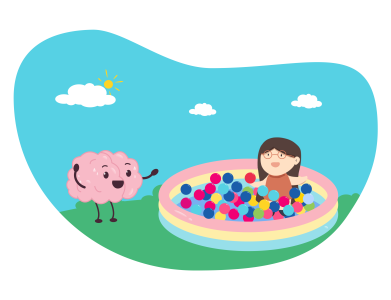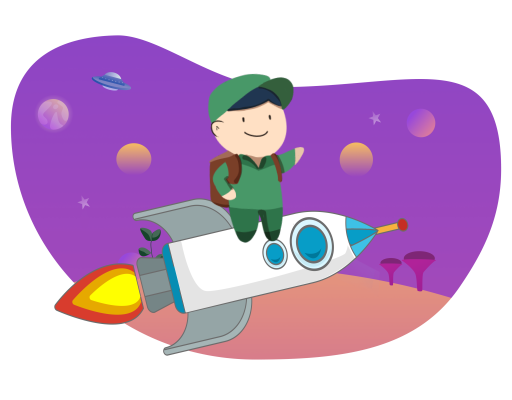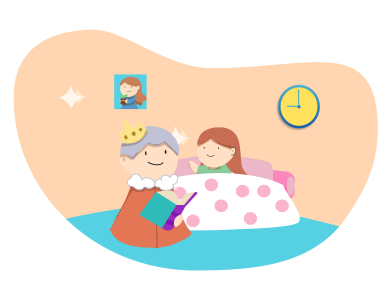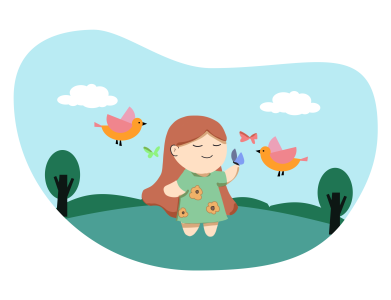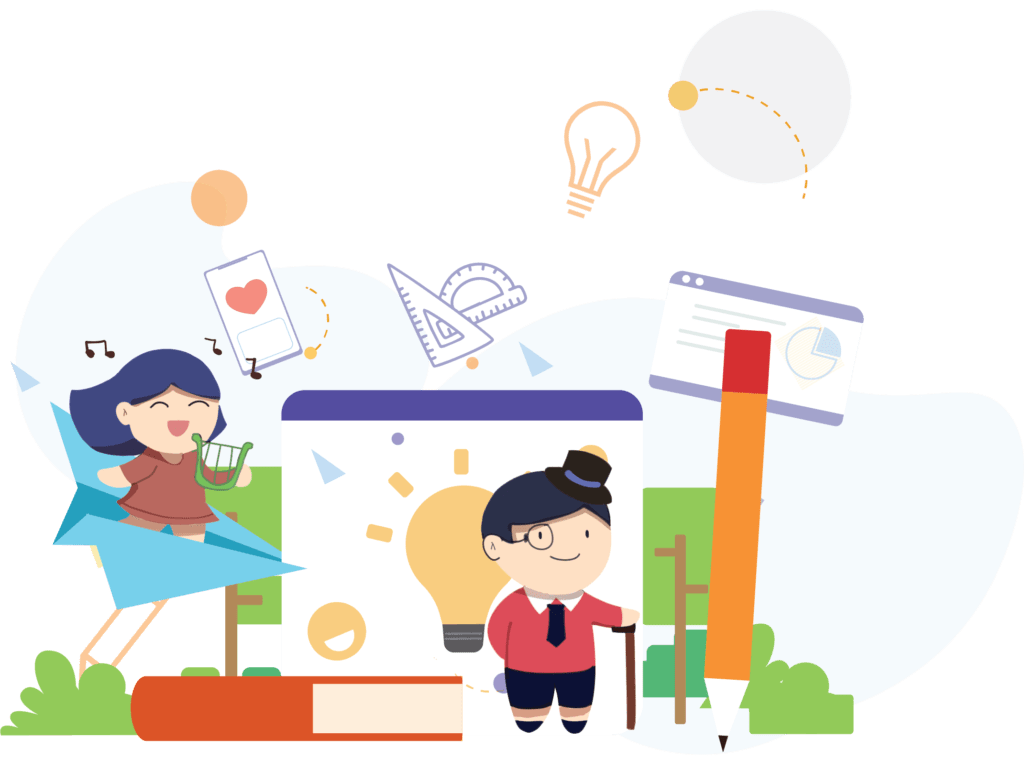Metacognition boosts learning by making you aware of strategies and methods for improving your learning techniques. But first, let’s get a better understanding of metacognition and how it can be fostered in the classroom.
What is Metacognition?
The term “metacognition” is used to describe the practice of reflecting on and modifying one’s own cognitive processes in order to improve one’s own thinking and performance in a given activity.
It is called “higher-order cognition,” which is used to describe the more complex mental processing needed for learning, such as organizing learning, choosing and using the best ways to solve a problem, judging one’s own abilities, and figuring out how much progress has been made.
Metacognitive Knowledge and Metacognitive Regulation
There are two main components to metacognition, namely, metacognitive knowledge and metacognitive regulation.
The term “metacognitive knowledge” is used to describe a person’s understanding of their own cognitive processes, such as their understanding of the most effective learning tactics and methods, as well as when and how to apply those methods.
Metacognitive regulation is a set of skills that help a person take charge of their own learning and thinking. These skills include planning, assessing knowledge, and evaluating.
Teaching Metacognition in the Classroom
There are many reasons to focus on developing students’ metacognitive skills in the classroom. They will emerge from the experience stronger and more capable as learners on their own. They understand the ideas they are learning about better and find it easier to use those ideas in the real world.
Teaching metacognition will not only help them learn better, but it will also improve their overall academic performance and make them more likely to do well in school.
Strategies to Develop Metacognition and Boost Learning Skills
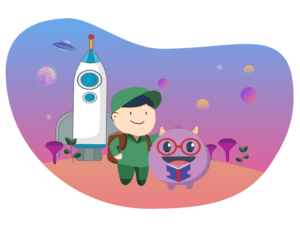
There are a wide variety of activities and assignments that teachers can use to boost students’ metacognition. Let’s examine some of the steps an educator can do:
-
Share with them effective learning strategies
They need to be familiar with some learning strategies before they can use and evaluate them. The only way to ensure their success is to provide them with opportunities to self-evaluate their learning progress and apply what they’ve learned.
As a teacher, you can set a good example by demonstrating your own metacognitive strategies, i.e., how you would go about completing a given task by explaining your own thought process.
-
Challenge them with some appropriate tasks
The tasks students are asked to complete should be challenging so that they are forced to think critically about their own learning processes, reflect on their successes and failures, and ultimately grow as learners (but within reach).
It has been shown that students retain more information from a task if it is difficult rather than easy. However, the work should not be too difficult for them, as this could result in information overload.To properly challenge your students, you must first determine their metacognitive level.
-
Let them analyze their learning difficulties
Having students reflect on the causes of their learning struggles is a great way to improve their academic performance. Which of these did they find most challenging to absorb and retain? What was the least difficult aspect? This will allow them to better understand which study techniques work best for which courses.
-
Let them evaluate their own problem-solving techniques
Students also need to know why and how they solved a problem. How did they reason out that particular solution? It doesn’t matter if the result is right or wrong. What matters is that they reflect on their process of solving the problem.
This is another great activity for fostering metacognition. So, educators should push for deeper thought to help students recognize and overcome their own biases and beliefs in the classroom and beyond. Their capacity for learning will improve as a result.
-
Encourage collaboration and group projects
It’s also helpful to do activities and projects as a group. They give learners the chance to observe and gain insight from the experiences of their peers. The experience teaches them to value the opinions of others.
Insights
Boosting students’ capacity for self-reflection through classroom metacognition is one strategy for maximizing their learning outcomes. According to Yanqun (2019), teaching students how to do reflective metacognition is the best way to improve their learning ability and solve problems, and promoting metacognition stimulates both internal and external drives, improves self-efficacy, and makes it easier to use relevant methods and resources in the best way possible.
Moreover, teachers should make time for self-study and reflection on their own learning and teaching practices in addition to the time they devote to their students. A student who is aware of their learning style is better equipped to adapt their study habits to their needs. Ultimately, this will help them succeed in school. And in the end, it’ll help them become better students for the rest of their lives.
Reference
Yanqun, Z. (2019). The significance and instruction of metacognition in continuing education. International Forum of Teaching and Studies. Retrieved October 6, 2022, from http://americanscholarspress.us/journals/IFST/pdf/IFOTS-1-2019/IFOTS-V15n1-art3.pdf
